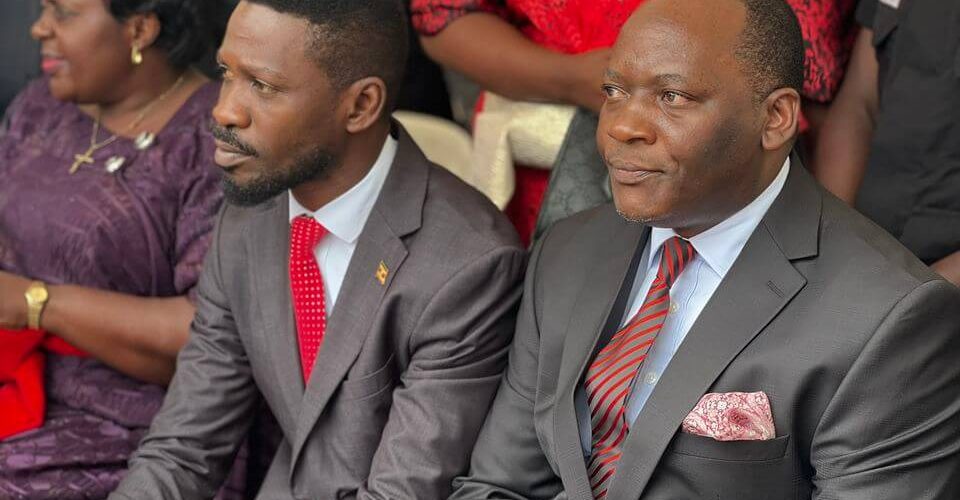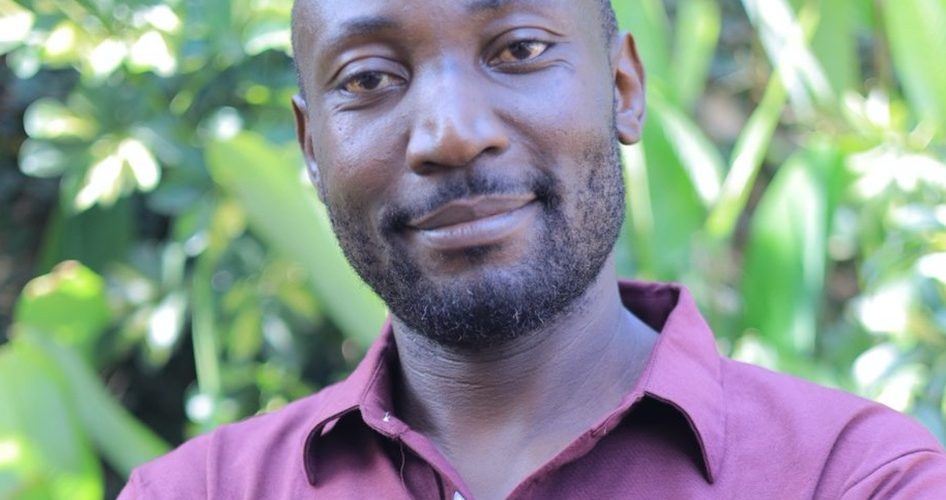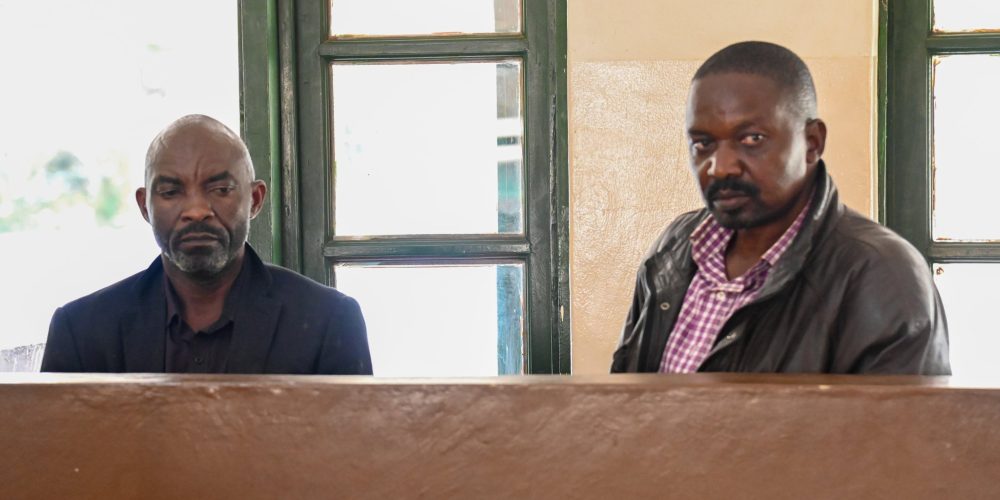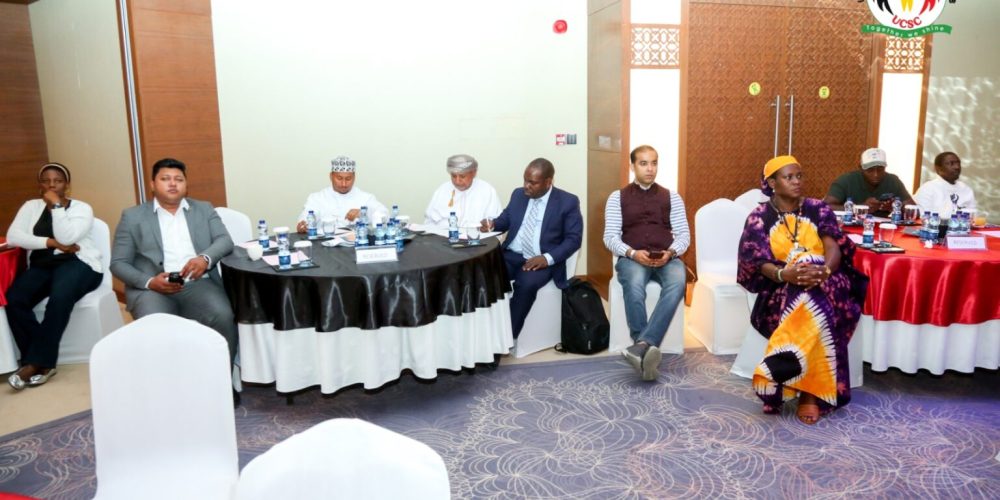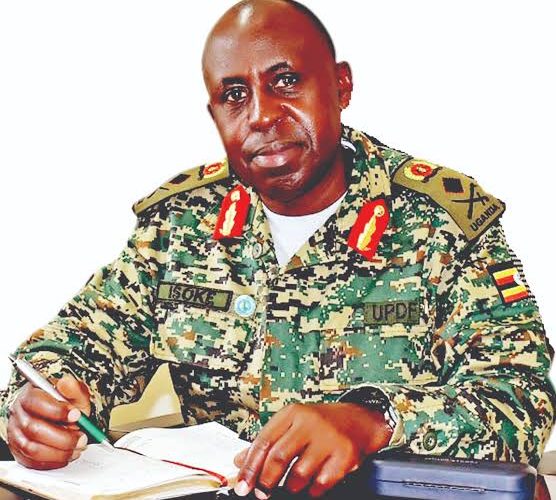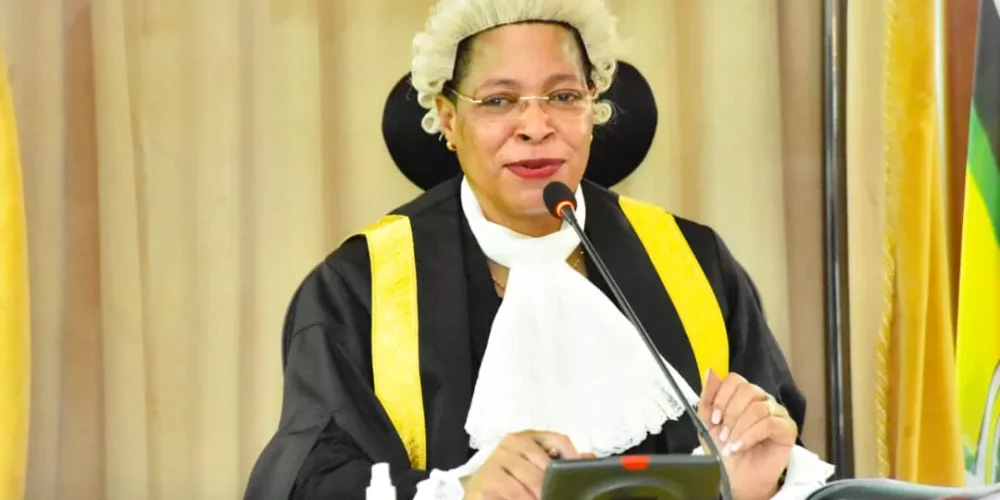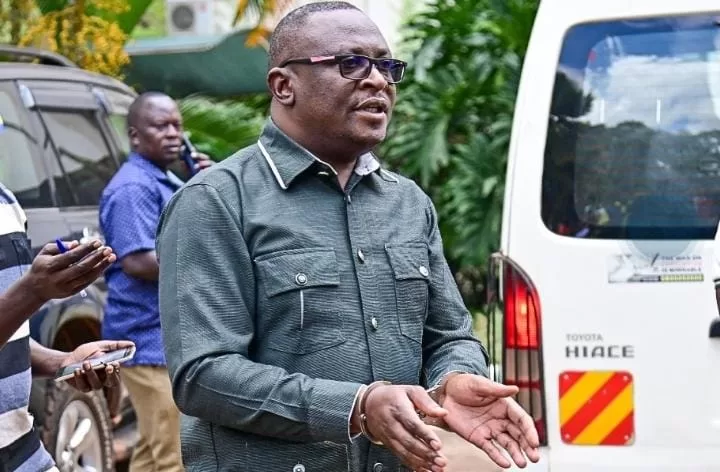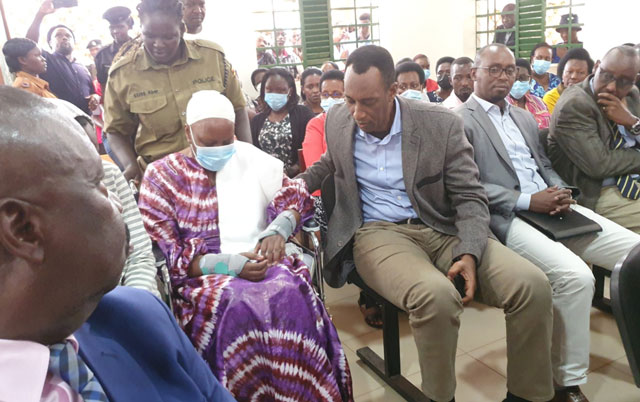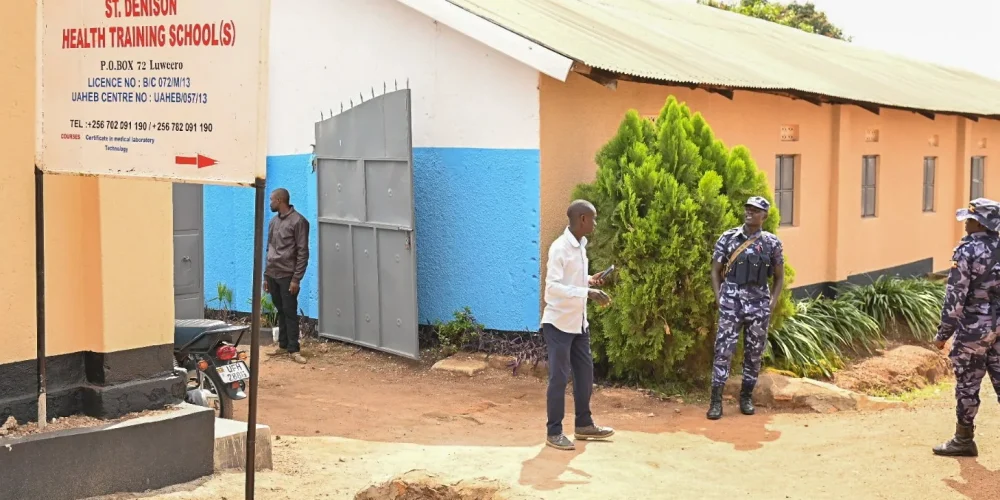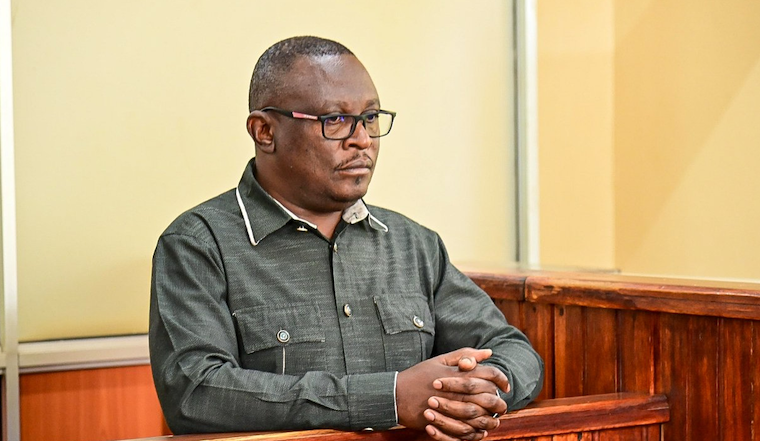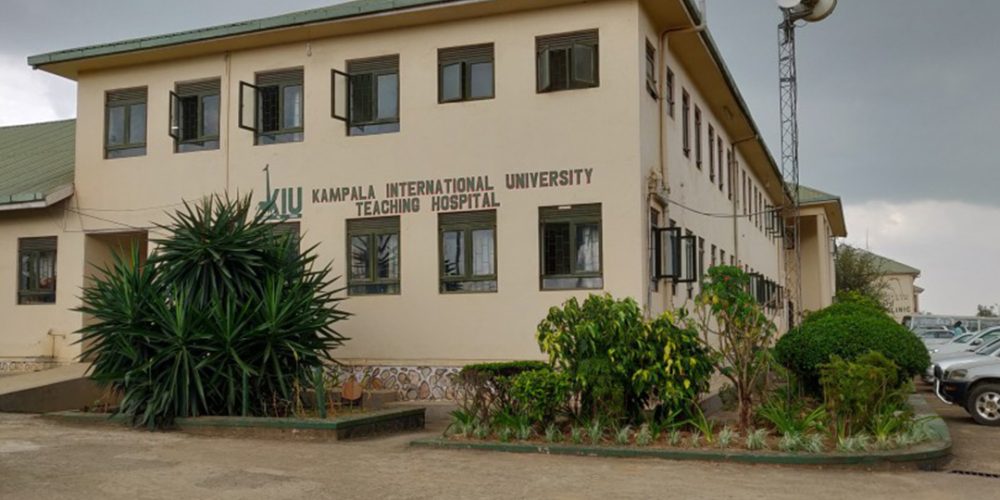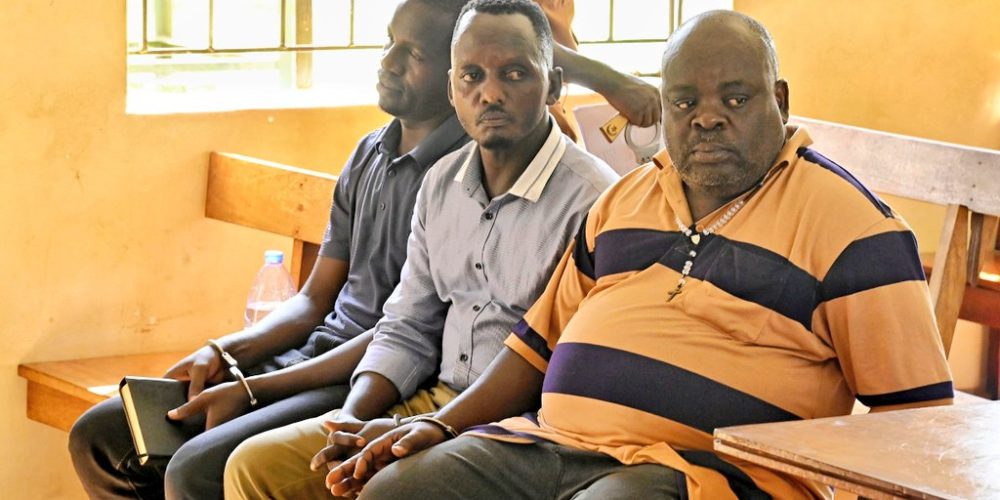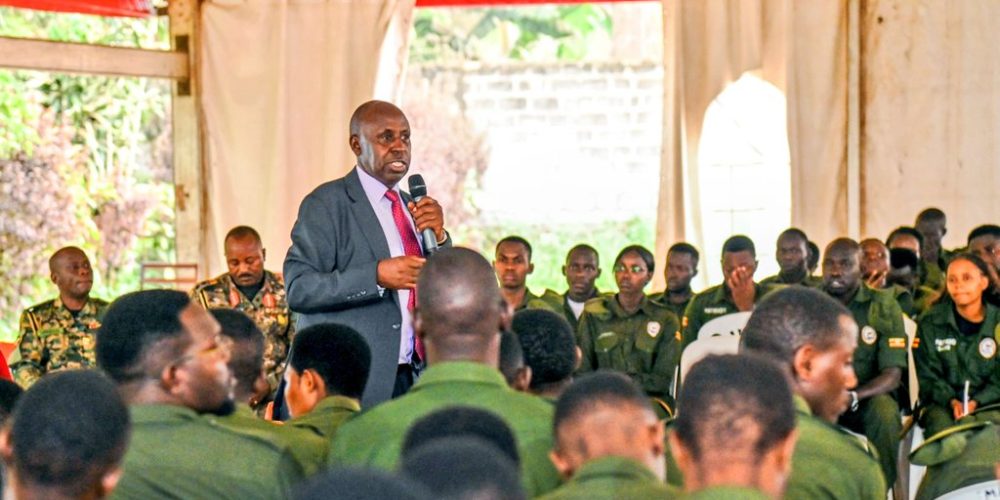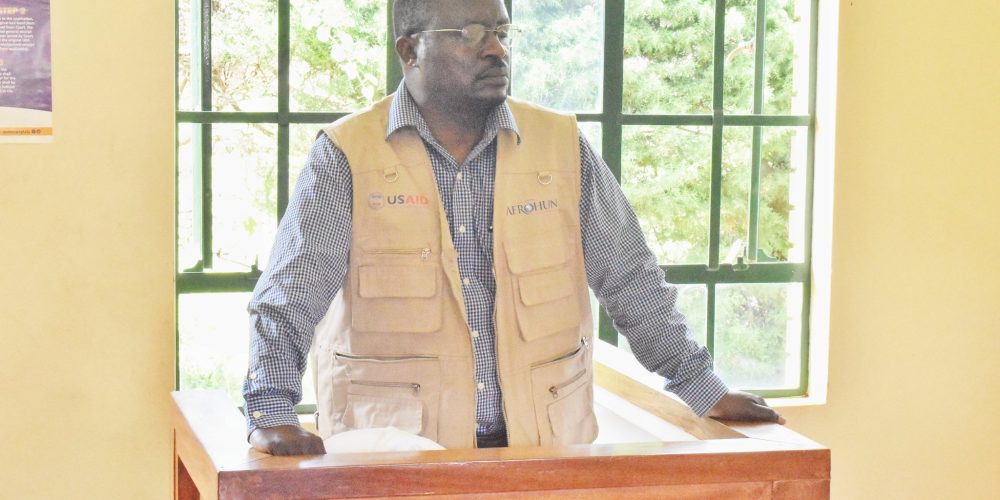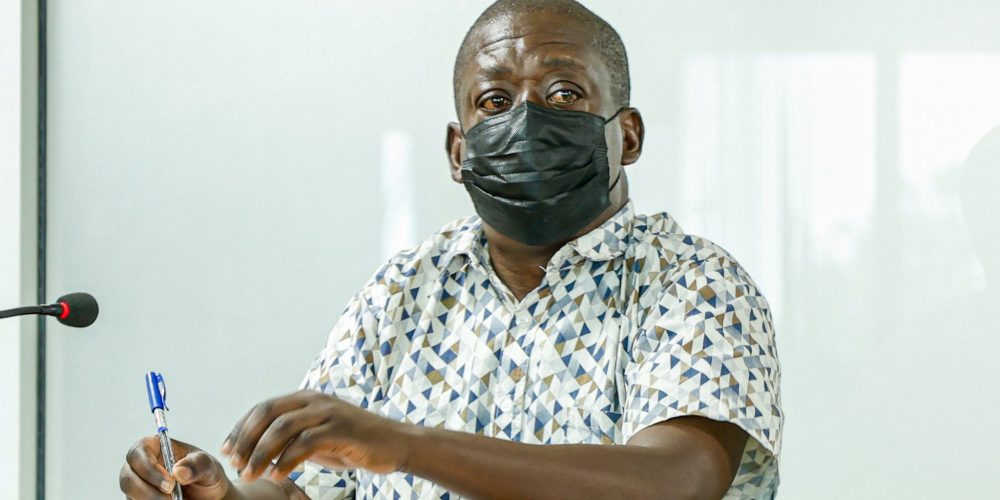Budget 2024-2025: Past mistakes haunt Parliament
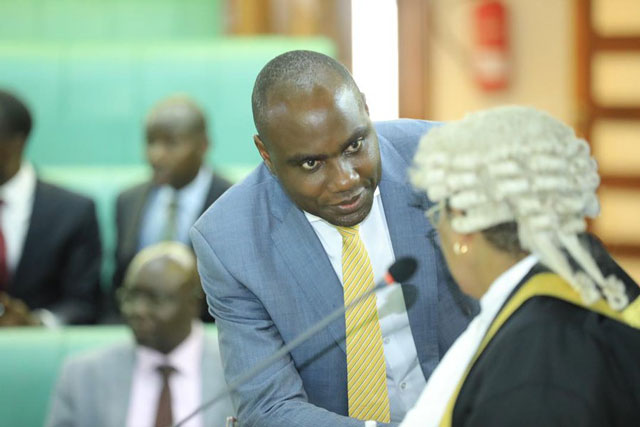
The Parliament of Uganda has been recalled from their break to reconsider the 2024/2025 financial year budget. It is the first time since the passing Budget Act and the Public Finance Act 2015 that the Parliament of Uganda reconvenes to consider a budget already endorsed by the legislatures.
Members Of Parliament were recalled from recess to have a send look at the budget after President Museveni refused to sign the Appropriations Bill. Museveni reportedly asked the Speaker of Parliament, Anita Among that the parliament should reinstate the government’s priorities.
The President’s action this time has surprised some lawmakers. It has also raised some questions because Annette Anita Among had on Budget Day indicated the budget consideration process was consultative.
Sections 5 and 8 of the Public Finance Management Act (PFMA) 2015 and rule 145 of Parliament’s Rules of Procedure parliament had approved the Budget Framework Paper for the financial years 2024/2025, 2028/2029 at the end of January 2023.
What happened?
The House endorsed the ministerial policy statement for various Ministries by mid-April 2024. By mid-May, the Parliament had also passed the tax and revenue Bills needed to operationalize the 2024/2025 financial year budget.
The Speaker of Parliament specifically thanked the Minister of State for Finance, Henry Musasizi for devoting time and commitment to various committees of Parliament.
She also thanked the Permanent Secretary/ Secretary to the Treasury and the Attorney General for their input. She had reported that some of the silent issues that arose from the budgeting process included the need for continuous resource allocation to agricultural mechanization, agro-industrialization, and value addition.
Anita Among also highlighted the need to align resource allocation with the prevailing government policy of rationalization.
“Which should translate into enhanced efficiency and elimination of duplication and wasteful expenditure. The need for resource efficiency measures to avoid the risk of the debt burden” Anita Among reported.
The way the events have turned out the way they have has led to lingering questions on the part of the executive and the executive.
As MPS, government technocrats received the budget presented by Matia Kasaija read the budget as appropriated by the House on 16 May 2024. MPS had authorized the executive to spend 72.1 trillion shillings for the financial years 2024/2025.
The budget would have been operational with effect from July 2024 but it has not because the President has insisted that the Parliament reconsider the appropriations.
Museveni warns MPs
On 7th June, President Museveni while delivering the State of the Nation Address said he had evidence that MPS were tinkering with the budget by allocating some ministries and departments more money to receive a percentage of the money in the form of kickbacks.
Museveni made good on his threats of “crushing the corrupt” by ensuring the arrest of three MPS accused of asking for a kickback from the Human Rights Commission chair, Mariam Wangadya.
Some reports indicate that the President was not happy with MPS for cutting the budget of some of the key government institutions to the tune of 75 billion.
Dr. Fred Muhumuza last week told journalists in Kampala, that while the Parliament has power to appropriate to the budget, sometimes MPS have overstepped their mandate. “Quite often we have had an experience where parliament used to go beyond its powers by beginning to cut resources and allocate them. That is not the power of parliament. Parliament is guidance and appropriation “said Muhumuza.
He said the power of allocation is with the Executive Arm of the government as per the separation of power principle and budget making.
“Allocation is for the executive. Therefore, if Parliament thinks money is too much here, we think it should be here, they should send that signal to the executive,” Muhumuza advised.
The Civil Society Budget Advocacy Group (CSABG) agrees that when considering the budget, MPS should not put their individual or selfish considerations but rather the national interest as per the available resources.
The Executive Director, Civil Society Budget Advocacy Group, Julius Mukunda said the Parliament’s decision to selfishly reallocate budget priorities demonstrates a disregard for the broader needs of society.
“Such actions prioritize narrow interests over the well-being of the entire population, which is fundamentally wrong. We assess that these corrupt practices of reallocating funds to benefit their interests for personal or political gain are corrupt budget allocation and budgeting for self-preservation, “Mukunda noted. “National interests should come first when Parliament proposes the budget to avoid unnecessary and excessive allocation of resources. On a good note, we believe the President’s return of the budget is an opportunity to eliminate unnecessary expenses in the budget,”
He said the government must enhance budget accountability and transparency, and that Parliament to prioritize accountability in all budgetary affairs.
Debating Matia Kasaijja’s budget, sections of the public that had been following the budgeting process expressed fear that an over 7.2 trillion shillings budget was unlikely to be implemented as laid on paper. They accused both the legislature and the executive of blotting the budget from what had been drawn.
Experts like Dr. Fred Muhumuza have guided that for a budget to be effective, it must be aligned with the government priorities and that it must be value-based. Some of the concerns emerged in the last hour of adopting to appropriations Bill.
Ambush budgeting
Outspoken Lwemiyaga MP, Theodore Sekikuubo during the debate tried to block the government’s corrigenda on the budget presented by Minister Henry Musasizi. Sekikuubo described it as an ambush. “We are passing a budget on behalf of the people of Uganda and an addition of 14 trillion shillings by ambush. We are passing this budget by ambush. We have not scrutinized it,” said Sekikuubo.
Kiira MP, Semujju Ibrahim Nganda agreed with Sekikuubo that the government had developed a habit of presenting corrigenda to the budget at the last minute when the House constitutes itself into a committee of supply. He said that tendency limits the budget committee of parliament from thorough scrutiny of the proposal.
In that, line Budadiri East MP, Nathan Nandala Mafabi wrote a minority report in which he protested against how the figures in the budget were changing.
“The Appropriation Bill, 2024 that accompanied the Budget (Estimates) under Section 13 of the Public Finance Management Act, has different figures. Hon. Musasizi told the Budget Committee when he appeared that actually total Budget was now Shs 58.3 trillion as is in the Appropriation Bill,” said Mafabi whom the speaker of Parliament, Anita Among once acknowledged is an authority on finance and budget issues.
Mafabi had warned that the Executive was not complying with the law. “Parliament was presented with o UGX 52.7 trillion total budget in the Budget Framework Paper. lt grew to UGX 53.3 trillion in February after the issuance of the second budget call circular. On March 28th, the Minister tabled an appropriation bill with a total budget of Shs UGX 58.3 trillion. He also presented draft estimates totaling to Shs 60 Trillion. Today, May l6th, a corrigendum worth Shs 13.789.20 Trillion was laid on the floor of the Parliament revising the Budget to further to Shs 72.130 Trillion” reads part of the Minority report.
Mafabi said those modifications prevented the MDAs from submitting detailed work plans and procurement plans, which in turn obstructed the budget committees’ capacity to make well-informed financial decisions contrary to Section l3 of the PFMA. His concerns seem to have been ignored when Parliament went ahead and voted in favor of a 72 trillion budget.
On the other hand, Butambala MP, Muwanga Kivumbi, an experienced legislator with a financial eye during the appropriation time questioned the reduction in budget rollover from 19 to trillion shillings in the new financial year.
“For as long as I have been here, it is the first I have encountered a budget report that doesn’t establish a discretionary budget,” said Kivumbi who previously served as the Shadow Minister for Finance in the opposition cabinet.
Kivumbi and the opposition have constantly indicated that sometimes the voices of reason tend to be overshadowed by the partisan considerations even when discussing crucial issues like the national budget.
When MPS adopted the Appropriation Bill, Muwanga Kivumbi protested that it had not been thoroughly debated. “What happens to this institution where I sit is that we passed this budget without debate. Without you knowing these issues. Without some MPS knowing the full implication” Muwanga Kivumbi painfully stated.
Supplementary Budgets
It had been hoped that requests for supplementary budgets reduce when the Public Finance Management Act was enacted in 2015. However, over the years, those requests have been on the increase despite the distortion it has on budget discipline.
Muwanga Kivumbi and his Kiira Municipality counterpart, Ibrahim Ssemujju Nganda have been raising concerns about supplementary expenditures.
Muwanga Kivumbi last year secured leave of Parliament seeking the amendment of section 25 of the Public Finance Management Act 2015. He suggested that all supplementary expenditure must have prior Parliament approval.
Ibrahim Ssemujju Nganda tabled a minority report to the one tabled by the Committee on Budget. He questioned the amount of money allocated in the budget to servicing debts. He also questioned the discrepancies in the debt figures provided by the Ministry of Finance and the Office of the Auditor General.
According to Ssemujju, the Ministry of Finance reported that the public debt stood at 86 trillion, while the Auditor General’s figure indicated the debt was at 97 trillion shillings or way above the acceptable 50% sustainable threshold.
Ssemujju opined that public debate stood at 52.7% of the country’s 184 trillion Gross Domestic Product. “The biggest task for us as 11th Parliament is to significantly reduce the 97. trillion public debt. Parliament must reject any measure that seeks to grow the public debt” urged Ssemujju.
Leader Of The Opposition, Joel Ssenyonyi, and his cabinet shunned the budget day event saying it was pointless to attend it to endorse the 72. trillion shilling budget when their contrary opinion had been rejected. The opposition felt that the budget was unrealistic.












